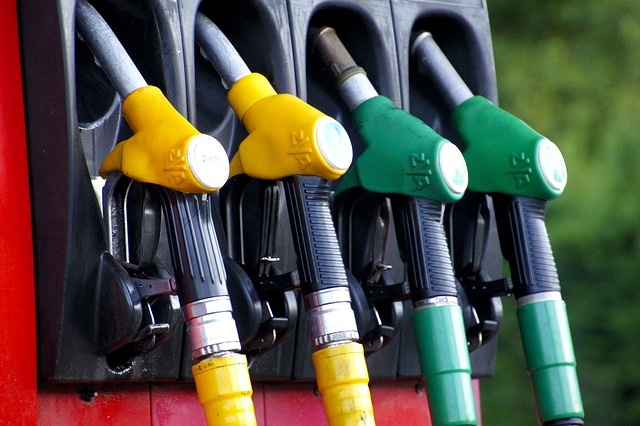By THE DISPATCH DIGITAL REPORTER
The High Court of Kenya has issued an interim order preventing the Energy and Petroleum Regulatory Authority (EPRA) from implementing an increase in the Road Maintenance Levy, which would have raised it from Ksh 18 to Ksh 25 per liter. This decision follows a petition filed by the Consumers Federation of Kenya (COFEK) and George Odhiambo Juma, a Mombasa resident, who argued that the government had failed to ensure adequate public participation before deciding on the levy increase.
In his ruling, Justice Lawrence Mugambi granted a conservatory order that suspends the implementation of the increased levy until October 7, 2024, when the court will issue further directions. He highlighted the need for EPRA and the government to comply with constitutional requirements for public participation, echoing similar orders from other ongoing cases, such as High Court Case No. 416 of 2024. The judge stated that should EPRA proceed with enforcing the new levy rate on September 14, 2024, it would be considered an act of contempt of court.
COFEK and Juma argued in their petition that the government’s approach to public participation had been inadequate, asserting that the process lacked transparency and did not provide sufficient information or opportunity for public input. They criticized the government’s decision to limit public participation to a single day and to just ten centers across the country, a move they claim restricted many Kenyans from attending and voicing their opinions on the proposed levy increase. COFEK contended that the notice period given was also too short, denying citizens a fair opportunity to engage meaningfully with the proposal.
The government had justified the proposed levy increase as necessary to address a significant backlog in road maintenance, estimated at around Ksh 727 billion. The Road Maintenance Levy Fund, financed primarily through fuel levies, is intended to support the upkeep of Kenya’s road infrastructure. However, the decision to increase the levy has faced criticism, with opponents arguing that it would further burden consumers already grappling with high fuel costs and rising living expenses. The court’s decision has put the proposed increase on hold, pending a comprehensive review of whether the public was adequately involved in the decision-making process.
The Law Society of Kenya (LSK), which had earlier been involved in similar litigation, has since withdrawn its case, but the orders obtained by COFEK remain in effect. The court emphasized that all parties must wait for the judicial process to conclude before any changes to the levy can be implemented. The ruling represents a significant development in the ongoing debate over fuel pricing and road maintenance funding in Kenya, with implications for both government policy and public engagement practices.
The next hearing, scheduled for October 7, 2024, will determine the fate of the levy increase and whether the government will be allowed to proceed with its plan or be required to undertake a new public participation process that meets constitutional standards.
